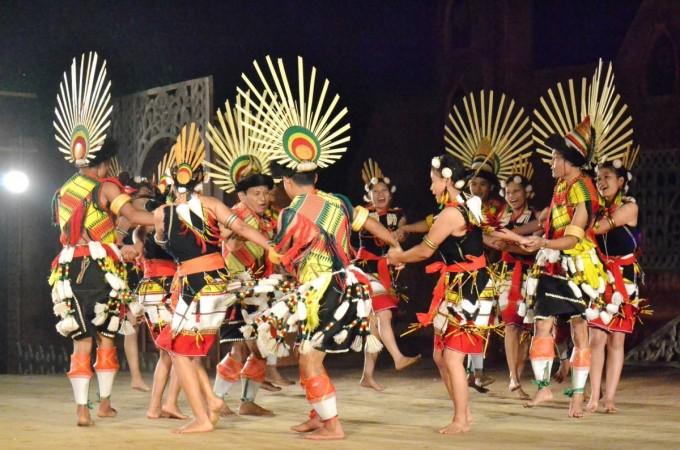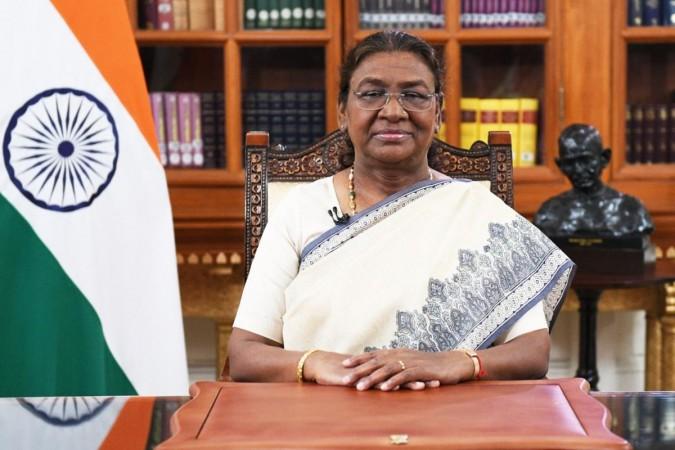
President Droupadi Murmu, the first tribal president of India, recently addressed the tribal community at the Aadi Gaurav Samman ceremony in Rajasthan's Banswara. She emphasized the importance of education as a tool for empowerment and progress, urging the tribal community to prioritize their children's education. Sharing her personal journey, she highlighted how a hostel facility was instrumental in her education and encouraged the tribal community to provide similar opportunities for their children.
President Murmu's message was not just about education but also about the government's commitment to the tribal society. She assured the community that the government stands with them, ready to support their development. This commitment is reflected in various initiatives and policies implemented by the Indian government to uplift the tribal community.
One such initiative is the Eklavya Model Residential Schools (EMRS), designed to provide quality education to tribal children. These schools ensure that tribal children have access to facilities and resources that can help them compete with students from other backgrounds. The Pradhan Mantri Van Dhan Yojana (PMVDY) is another initiative aimed at the economic empowerment of tribal communities by promoting value addition to forest produce and creating marketing linkages for tribal gatherers.
The Tribal Sub Plan (TSP), a part of the government's budget allocation, ensures that a certain percentage of funds are specifically used for the development of Scheduled Tribe communities. The National Fellowship and Overseas Scholarship Scheme supports higher education and international exposure for meritorious students from Scheduled Tribes. The Pradhan Mantri Jan Aushadhi Yojana, while not exclusive to tribals, ensures access to affordable medicines, which is particularly beneficial for remote tribal areas where healthcare access is often limited.

President Murmu's advocacy for tribal education and development is significantly influenced by her personal background and her historic role as the first tribal President of India. Her journey, from humble beginnings to the highest office in the country, serves as a powerful testament to the potential that education can unlock for individuals from marginalized communities. Her position as President gives her a platform to amplify the needs and aspirations of tribal communities, ensuring their issues are heard at the highest levels of government.
By using her influence to prioritize tribal welfare, she is helping to bridge the gap between policy and the lived experiences of tribal people, fostering a more inclusive and equitable development agenda in India.
President Droupadi Murmu's recent address at the Aadi Gaurav Samman ceremony underscores the importance of education for the tribal community and the government's commitment to their development. Her personal journey and her role as the first tribal president of India serve as an inspiration for the tribal community and a testament to the transformative power of education.
The various initiatives and policies implemented by the Indian government reflect this commitment to tribal welfare and development, aiming to create a more inclusive and equitable society.

















